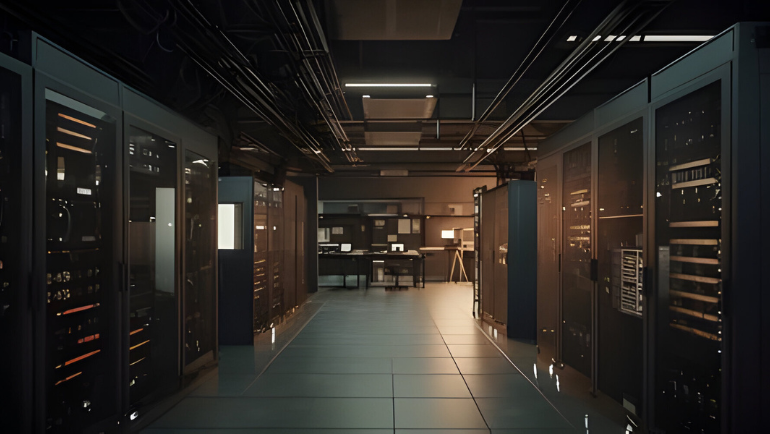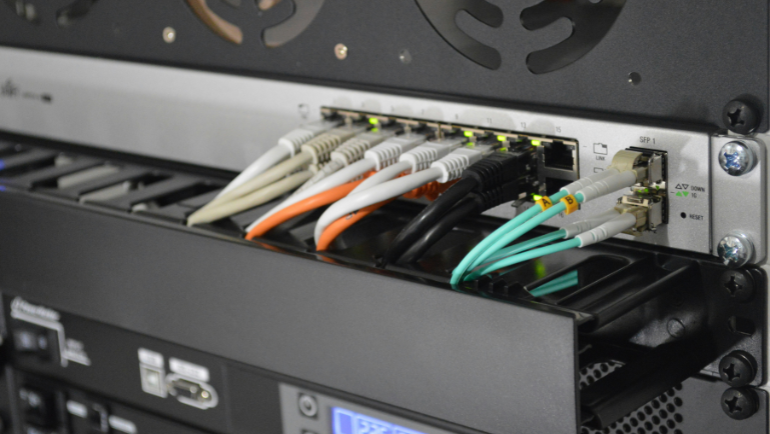
- Accessibility
- Cost Effective
- Speed
- Ultimate Backup Solution
- Connectivity Problems
- Security Risks
- Fragile
- Overheating
- External Drives to Buy
Advantages of External Hard Drives
The growing need to store & access data in the shortest of time makes external hard drives a sought-after product. They are a huge asset in providing emergency data backup with immediate access to large storage capacity. Here are some pros of external hard drives to highlight their importance in the business world.
Accessibility & Portability

External hard drives connect to the system via a USB interface, which is common in all systems. A simple plug-and-play feature transfers large amounts of data from one device to another. Moreover, the size of external hard drives makes it easy to carry over long distances, providing enhanced data portability.
Cost Effective
The most cost-effective solution to large data backups is external hard drives. They provide ample storage capacities at an economical price compared to optical storage like CDs or DVDs. Today, 4TB hard drives cost around $150, depending on the brand, just 3.75 cents per GB of space.
Speed
Data transfers can be exhausting and time-consuming, especially when the data transferring speed of the devices could be more efficient. During data transfers, most external hard drives deliver lightning-fast speed, roughly around 150 MB/s. You can group multiple external drives using RAID support to reach a transfer speed of up to 600 MB/s.
Ultimate Backup Solution
Heavy operations performed on the hard drive can reduce the lifespan of your system storage. External hard drives are the most secure option to back up essential data from the drives during emergencies. Most external hard drives come with automatic synchronization and backup software to copy the latest version of data from the system.
Disadvantages of External Hard Drives
External hard drives can have connectivity problems and a greater theft probability than internal drives. The following section will cover some more cons of external portable hard drives to help you make an informed decision.
Connectivity Problems
Unplugging the external drive from the USB port accidentally or due to a power surge during file transfer may cause data corruption. Many old computers do not support the latest USB standards, like 3.0 or Thunderbolt, which reduces the data transfer speed. Therefore, before buying external hard drives, ensure system compatibility and use high-quality USB cables to avoid connectivity problems.
Security Risks

Unlike internal hard drives that are sealed into the system, portable external hard drives are simple to steal. Anyone can access the drive, limiting the level of security necessary to avoid data theft. Therefore, businesses take precautions and use AES encryption to lock the drive through software like BitLocker. That said, it provides no data protection guarantee in case of theft, as the software can be unreliable.
Fragile
Electrostatic Discharge (ESD) is a common issue, especially in winter, and can slow the external drive performance. However, most external drives nowadays come with a protective casing, which protects them from ESD. Improper handling of external drives leading to a drop or lousy fall can cause, and worst case, data loss.
Overheating
Most external drives are compact, having no natural airflow, leading to overheating during intensive processing. This is a significant disadvantage of external drives because there is no other way to cool them down in situations of extreme heat. The drive’s temperature can reach 45-50 degrees Celsius during heavy use and thus requires a colder environment.
Popular External Drives to Buy
In the competitive digital world, enterprises buy storage devices like external hard drives to ensure emergency data backup during a crisis. However, always consider your requirements before choosing high-quality external portable hard drives to avoid future compatibility problems. Computing Worlds offers popular external hard drives for sale in new, used, and refurbished condition.
- 0G03594 Hitachi G-DRIVE 4TB External Hard Drive
- 2TBEXT-HDD Toshiba 2TB External Hard Drive
- WD5000H1U-00 Western Digital My Book Essential 500GB
You can also request a bulk quote online for the required external hard drives.
Frequently Ask Questions:
Are Exterior Cabling and Power Adapters necessary?
Yes, all external hard drives have high-quality USB cables for connection, except for 3.5-inch portable hard drives, which require a power adapter.
Can I Boot Windows from an External Hard Drive?
Yes, you can boot Windows (OS) from an external hard drive.
How long do External Hard Drives last?
Most HDD external hard drives last up to 5 years, while portable SSD hard drives last up to 10 years if handled correctly.






